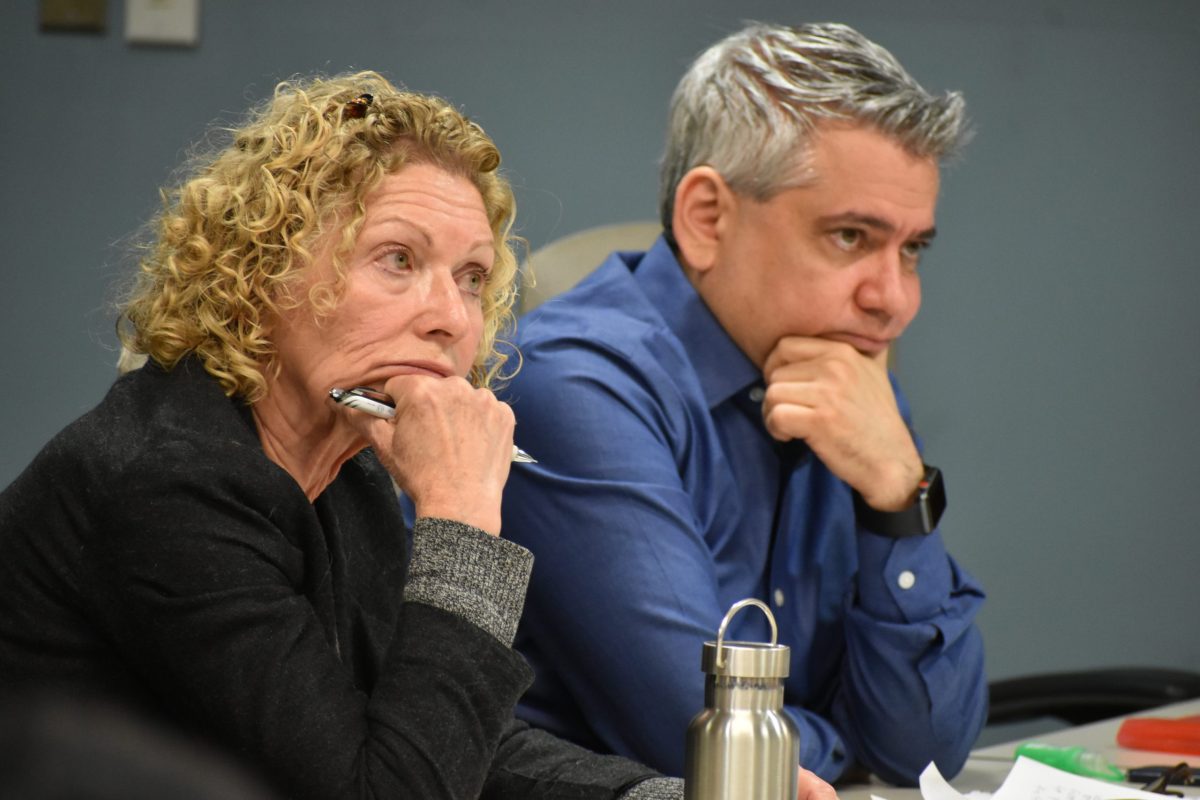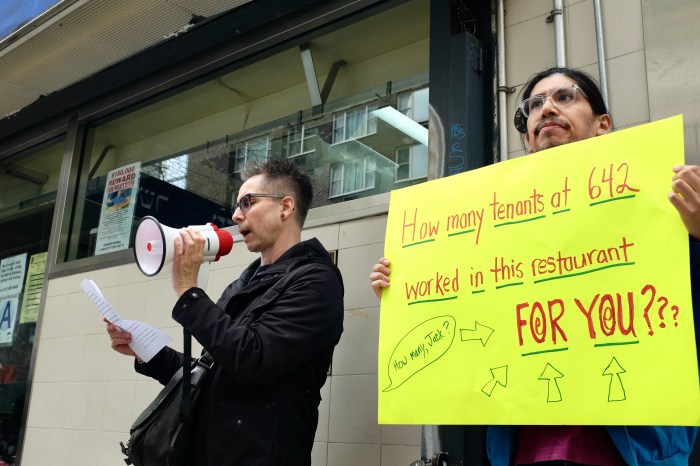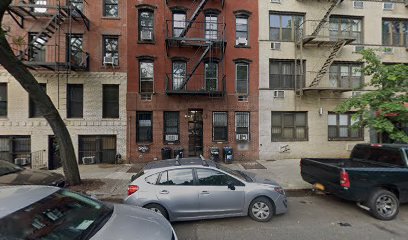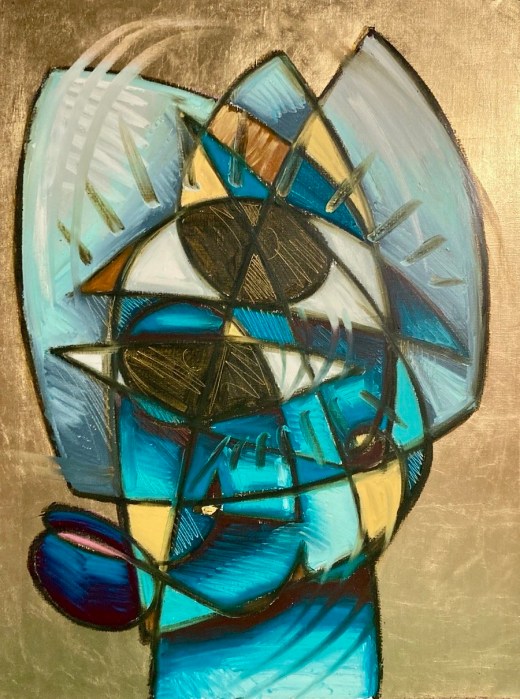By Chriss Williams
Residents of 54 Riverside Dr. will continue to exit double-parked vehicles street side, as Community Board 7’s transportation committee rejected the building’s curbside access request last week.
The decision signals a shift for Upper West Side residents that have grown accustomed to the board supporting building curbside access requests, as the committee is in the process of creating more stringent guidelines. The board narrowly voted against the Riverside Drive application, with 4 in-favor 3 against and 3 abstains.
“It’s a safety and convenience thing,” said retiree Andrew Rosenthal, a resident of 54 Riverside Dr. during the Feb 11 meeting. Rosenthal added that half of the building’s 80 units have children or elderly occupants. “It’s outrageous that you are contemplating taking somebody on a stretcher or in a wheelchair down the block and around through traffic to get to their Access-a-Ride.”
Before the vote, the committee debated its guidelines for curbside access requests for an hour. Last month, the committee agreed on a set of criteria that curbside access applicants had to meet before their requests would be reviewed. Under the criteria, residential buildings had to have more than forty apartments and could not have a fire hydrant directly in front of its entrance. If the building resided in an area with a recognized block association, the committee would need to get the OK from the association before proceeding with a review as well.
But after several committee members changed their vote during a January full-board meeting, the proposed policy was rejected forcing the committee back to the drawing board.
Schmitt added, “we want to make sure this is a space for people to voice different opinions, help us improve upon resolutions or if they are just not sure, vote against it or abstain during committee. It may not be ready to be taken out of the committee.”
“This is the antithesis of who I would approve,” said Steve Brown, a non-committee member of CB7, about 54 Riverside Dr. curbside access request. Brown voted against the guideline proposal last month and seeks more stringent standards and argued that not all applications should be reviewed, even if it is within a building’s right to ask for this type of consideration. Brown added that CB7 has a reputation for rubber-stamping approvals on its curbside access applications.
“I would love it too,” said Brown about being able to make pick-ups and drop-offs outside of his own building.”I hate it when I have to tell my son to jump over the seat and go over here I would love to say swing that baby wide open and get out. But I live in New York City.”
“If your issue is that too many people on the board are approving these at such a low threshold than you should give a more powerful speech at full-board and say why we need to raise the threshold. You shouldn’t block them from being considered,” said committee member Rich Robbins.
Some members argued that it was unfair to favor buildings with more than forty units but all were in consensus that applicants should have to make a compelling case as to why they are requesting curb access. “Before you can say we need a parking spot in front of the building, “you have to show or tell us that there is a higher need.” Such needs do not include residents unloading their weekend bags after a trip to the Hamptons.
The board passed a resolution this month to request a Department of Transportation study on curbside usage before and after the implementation of congestion pricing in 2021. Brown suggested the committee consider a moratorium on all applications until the DOT concludes its study. “Why not wait,” he said.
“Because it’s our job to review every applicant,” said Robbins adding that telling residents to wait for the conclusion of a possible study of unknown duration is unfair.


















